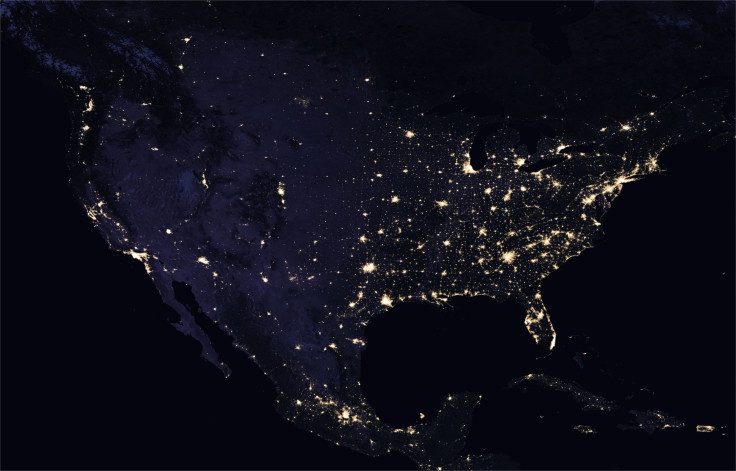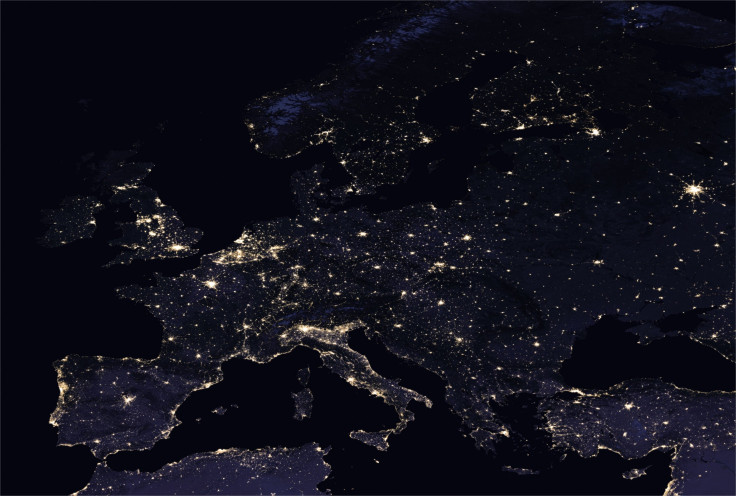New NASA Images Show Night Lights On Earth From The Sky

Images of lights illuminating the Earth at night like tiny stars are popular because they are beautiful but they also have scientific value, and soon we will have a lot more of them.
NASA’s Goddard Space Flight Center announced this week that in addition to releasing a new crop of night light photos from 2016 — which paint a picture of Earth’s population, with the most densely settled places shining the brightest — scientists are looking to release updated images within hours of satellites capturing them.
Read: Garbage Is Choking Earth’s Orbit
Currently it takes years for new photos to be released, even though they “have provided a broad, beautiful picture, showing how humans have shaped the planet and lit up the darkness,” NASA said. Part of what makes the process so complicated is accounting for light shining onto Earth from the Moon, vegetation blocking light on the surface, or clouds obscuring land, among other factors. But the experts have been working to “make night lights imagery clearer, more accurate and readily available,” so we could have access to daily updated images starting later this year. That work has included filtering out other light sources.

The night lights look nice, but seeing where they twinkle on Earth — and where they do not — has practical uses. NASA lists “short-term weather forecasting and disaster response” among them. If an area’s lights change abruptly due to a storm, natural disaster or regional conflict, experts can monitor that by a satellite orbiting Earth and get the information to first responders to assist in their recovery efforts.
“We can also monitor gradual changes driven by urbanization, out-migration, economic changes, and electrification,” Goddard Earth scientist Miguel Román, who leads the night light research team, said in the NASA statement. “The fact that we can track all these different aspects at the heart of what defines a city is simply mind-boggling.”
See also:
Auroras Light Up Skies Around the Solar System
Photos of the U.S. from Before Environmental Protection Laws
© Copyright IBTimes 2024. All rights reserved.




















